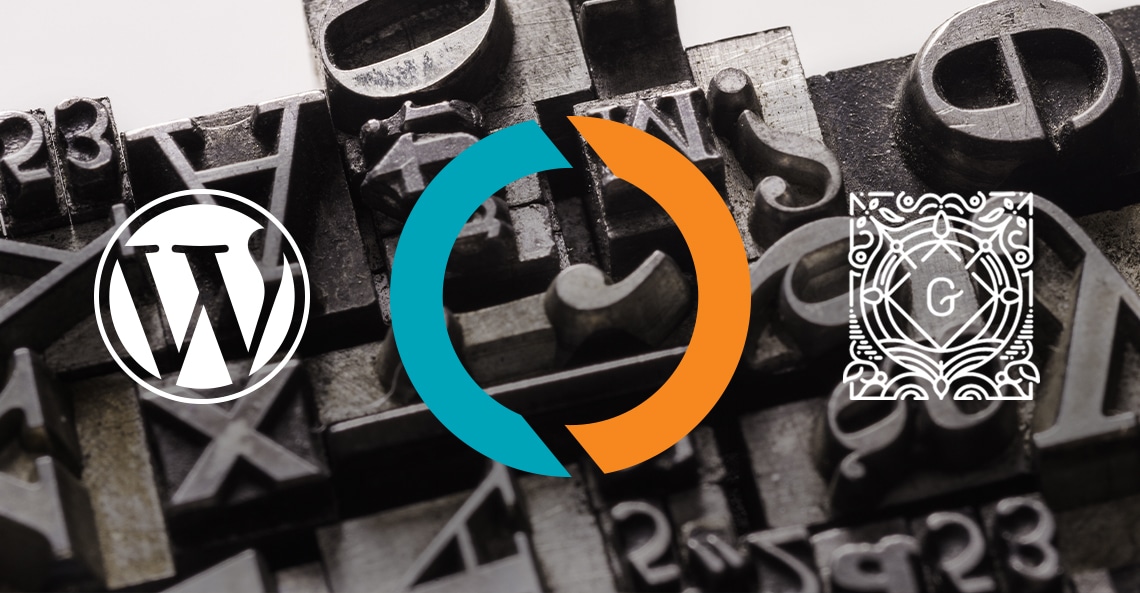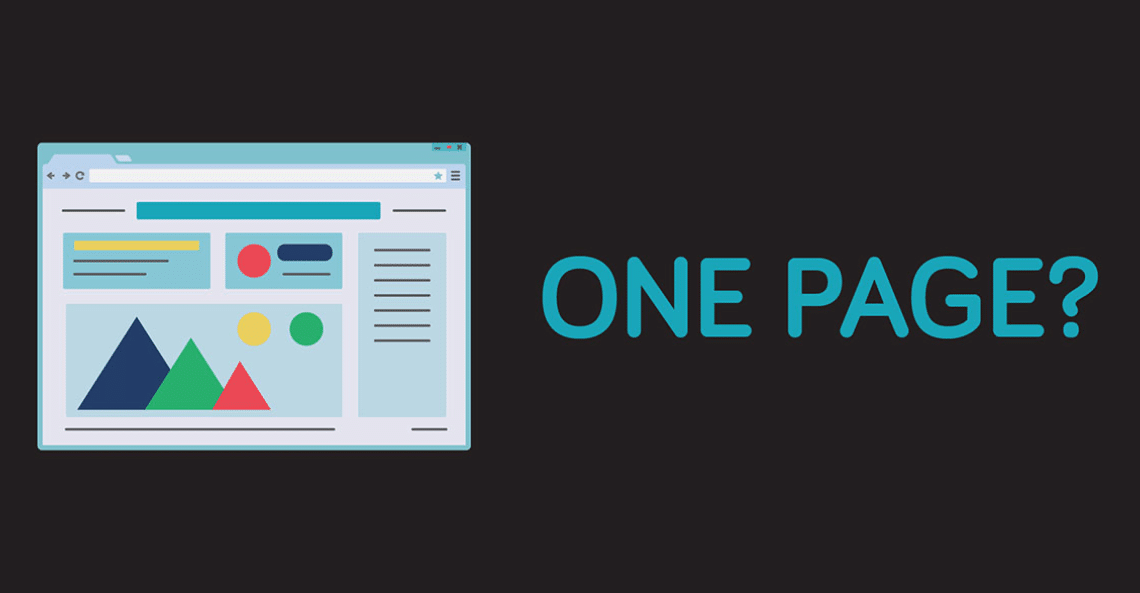
Preparing for WordPress 5.0 and Gutenberg
WordPress 5.0 has been announced to launch on 6 December 2018. To explain version numbers quickly: generally, any major release that includes potential breaking changes is labelled with a new first digit. So because we’re on 4.9.8 at the moment, 5.0 is a major release. Now before you stress out, I will cover what your upgrade options are at the end of the post, but before then I’d like to let you know what feature(s) you’re going to get in 5.0 and what Gutenberg is.
Enter Gutenberg
Gutenberg is a new content editing experiencing in WordPress that has been developed over quite a number of years. Its main objective has been to advance the way people publish content on WordPress and to enhance the things we can do in a normal post without a page builder.
Gutenberg, or what will be known as the Block Editor, becomes the default editor on every install of WordPress 5. If you haven’t tried it and want to give it a go, you can still download it from wordpress.org to see what the editing experience is like.
Gutenberg is a massive change in the editing as I’ve already mentioned. It changes the normal classic editor (a text box) to a dynamic editor that uses blocks to build the page. With its dynamic nature, it allows you to create a richer content experience (columns, videos, lists, tables, audio, etc.) that you weren’t able to with the default classic editor.
Possible issues
The first one is the editing experiencing is very different from the normal editor and you might get a fright when you first see it. However, when you actually start writing with it, I think you’ll be pleasantly surprised.
However, the biggest possible issue is if your site uses a page builder. Most page builders use a feature of WordPress called a shortcode to manage the layout of the page. If you switch to Gutenberg you’ll all of a sudden see all of these and no page builder. If a page builder has not added support for Gutenberg then it’s going to not work out-the-box and will require you to do a little work (see below).
Your next steps?
In my opinion, there are 3 solutions for sites at this stage. Before we do anything, please make sure you have a backup right before you start any upgrading.
1. Upgrade to WordPress 5.0 and sail on
If your site doesn’t rely on a page builder then I think the best option would be just to learn Gutenberg (you’ll catch on quickly) and start using it. You can then see if there is an update to your theme that gives you support for Gutenberg’s styles. All the default themes now support Gutenberg so you’re safe on that front.
2. Upgrade to WordPress 5.0 and install the classic editor
There are some little features in WordPress 5.0 like support for PHP 7.3 that are helpful. If you want to keep the classic editor because you prefer it or because you want to carry on using a page builder, then install the classic editor plugin before you upgrade. Note: if you’re using any special meta box (the boxes below the content editor) that don’t support Gutenberg then you will need to also consider using the classic editor.
This will allow you to turn on the classic editor by default or just on posts/pages/custom post types that you want.
This is something you must do if you are using a page builder that doesn’t support Gutenberg.
3. Do not upgrade now and try it out
You do not have to upgrade on the release date. Your installation will still receive security patches as normal. This is useful if you want to first get buy-in from contributors and editors or if you’d prefer to try things out before making the upgrade.
This is a good time to set up a staging site where you can upgrade and look at all the changes before committing to the upgrade. If you’re nervous then this is by far the best way to reduce anxiety.
In reality, the update isn’t as scary as some people are making it out to be. Yes, if you have 150+ authors on your website, you first need to make sure that they understand the block editor. However, sites won’t explode if you update WordPress.
We understand that you may have questions, so ask them in the comments below or if you’re wanting a bit more of a hands-on discussion, feel free to book me for a 30-minute consultation call for free. I’ll gladly discuss Gutenberg with you and what your best way forward is.



This Post Has 0 Comments